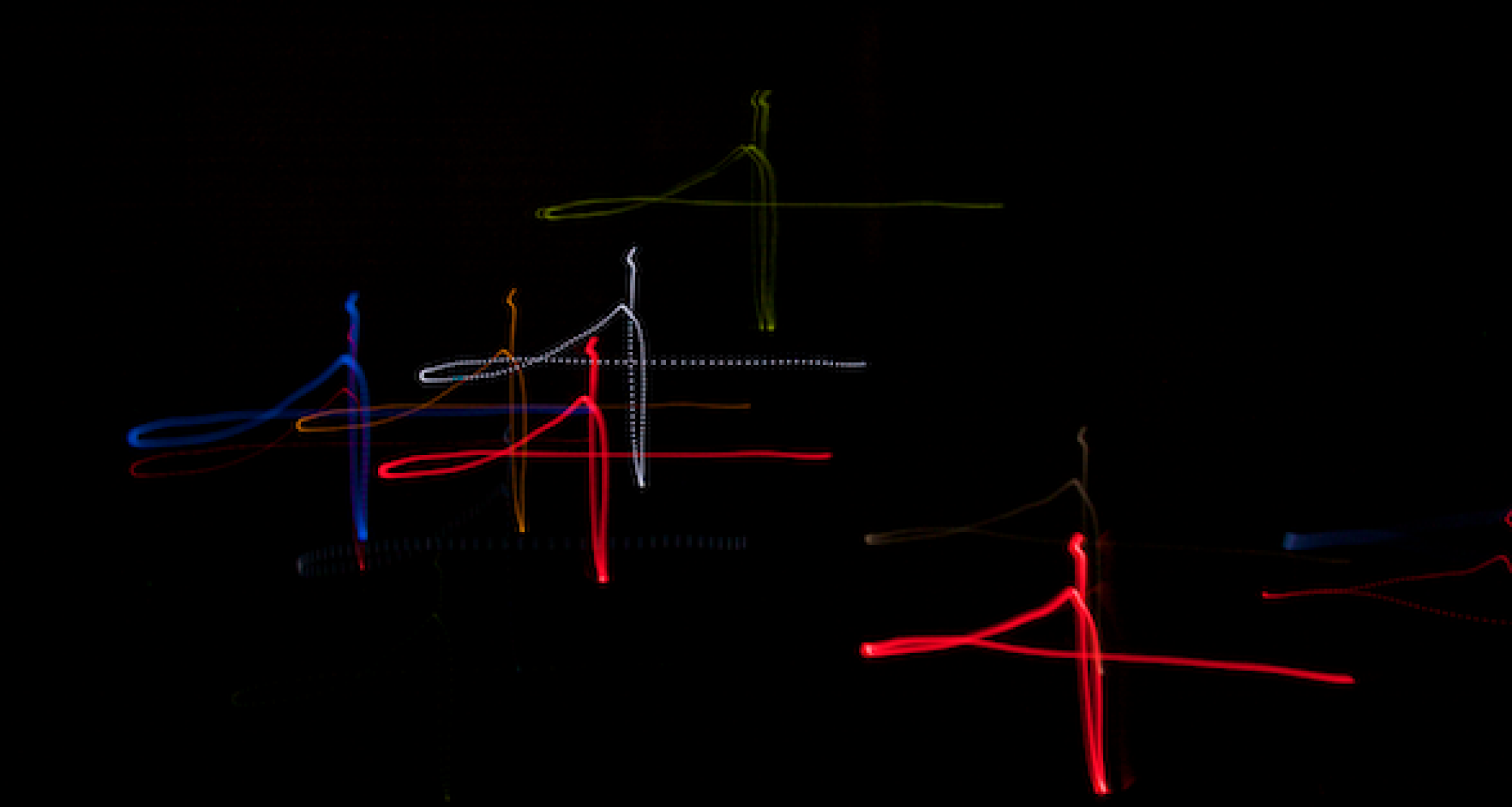Augmented Reality: Transforming Education for the Future
Imagine a classroom where textbooks come to life, where historical figures step out of the pages and into the room, and where complex scientific concepts are visualized right before your eyes. This is not a scene from a sci-fi movie, but the exciting reality of augmented reality (AR) in education.
AR, the technology that overlays digital information onto the real world, is revolutionizing the way we learn. It bridges the gap between the physical and digital realms, creating immersive and interactive experiences that captivate students’ attention and enhance their understanding.
Gone are the days of passive learning, where students simply absorb information from textbooks. With AR, learning becomes an adventure, a journey of discovery. Students can explore ancient civilizations, dissect virtual frogs, and even travel through time, all within the confines of their classroom.
But the benefits of AR in education go beyond engagement. It fosters critical thinking, problem-solving, and collaboration skills. By interacting with virtual objects and environments, students develop a deeper understanding of complex concepts and can apply their knowledge in real-world scenarios.
Moreover, AR democratizes education, making it accessible to all. No longer bound by physical limitations, students from remote areas or with disabilities can have equal access to quality education. AR breaks down barriers and opens up a world of possibilities.
So, educators and innovators, let’s embrace the power of AR in education. Let’s create immersive learning experiences that inspire and empower the next generation. Together, we can shape a future where education knows no bounds.


